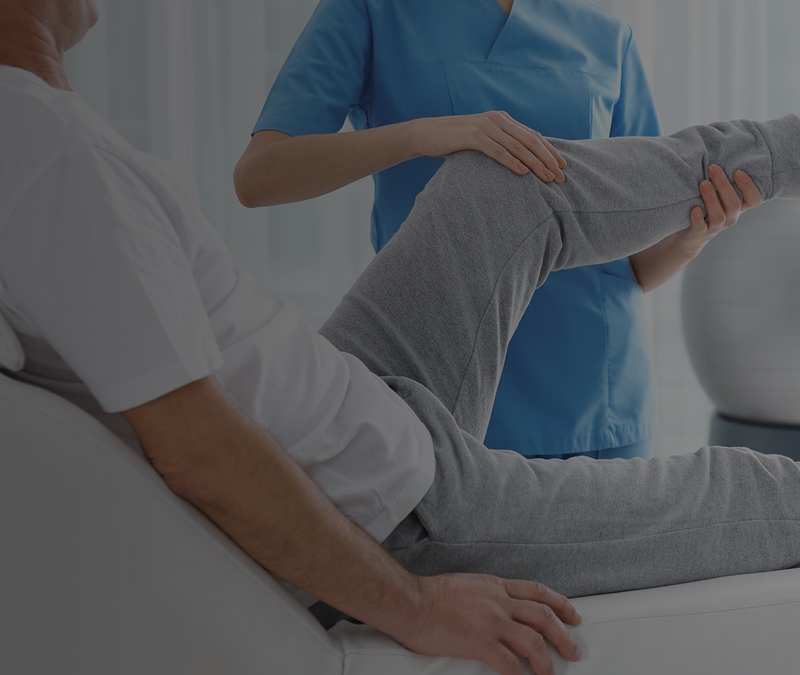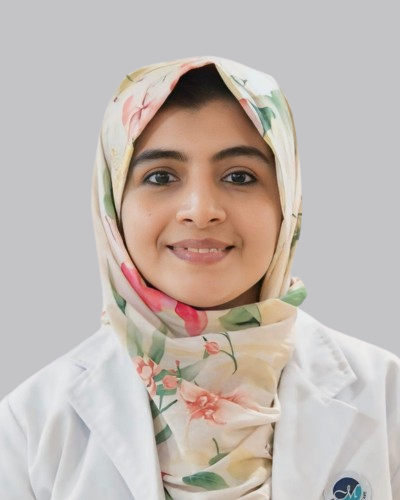Physical Medicine and Rehabilitation (PMR) is a medical speciality dedicated to restoring and enhancing the functional ability and quality of life for individuals affected by physical impairments or disabilities. These conditions may arise due to injury, illness, or congenital disorders, and they often impact mobility, communication, or day-to-day activities. The PMR Department at Aster MIMS Calicut is designed to provide comprehensive, multidisciplinary care that helps patients regain independence and achieve their highest potential.
With a rising prevalence of conditions such as strokes, spinal cord injuries, traumatic brain injuries, and musculoskeletal disorders, the demand for expert rehabilitation services has grown exponentially. The PMR Department at Aster MIMS Calicut addresses this need by offering personalized care plans tailored to the unique requirements of each patient. Whether it is recovery from surgery, managing chronic pain, or addressing developmental delays in children, the department is equipped with the latest technologies and methodologies to deliver optimal results.
The department’s multidisciplinary team is led by a Rehabilitation Physician (Physiatrist) and includes Physical Therapists, Occupational Therapists, Speech and Swallow Therapists, Rehabilitation Nurses, and Clinical Psychologists. This collaborative team works together to ensure that every aspect of the patient’s rehabilitation journey is covered.
Aster MIMS Calicut’s PMR Department is committed to delivering patient-centred care in a compassionate and supportive environment. By focusing on improving mobility, reducing pain, and enhancing overall well-being, the department empowers patients to lead fulfilling and independent lives. Whether addressing short-term recovery or long-term management, the PMR Department stands as a beacon of hope for individuals and families navigating the challenges of physical disabilities
Services Offered
- Comprehensive care and rehabilitation for patients with Spinal Cord Injuries (SCI), Stroke, and Traumatic Brain Injuries.
- Management and rehabilitation for rheumatological disorders.
- Pain management solutions, including:
- Interventional pain procedures such as local anesthetics, regional blockades, intraarticular, and trigger point injections.
- Regenerative treatments like Prolotherapy and Platelet-Rich Plasma (PRP) injections.
- Neurological rehabilitation for conditions such as Peripheral Neuropathies, Nerve Injuries, Motor Neuron Disease, Movement Disorders, Parkinson’s disease, Myopathies, and Multiple Sclerosis.
- Specialized rehabilitation for Sports Injuries and Peripheral Vascular Diseases.
- Geriatric and Cancer Rehabilitation programs.
- ICU, HDU, and CCU rehabilitation services.
- Vestibular rehabilitation for balance and coordination improvement.
- Emphasis on health promotion and lifestyle disorder management principles.





